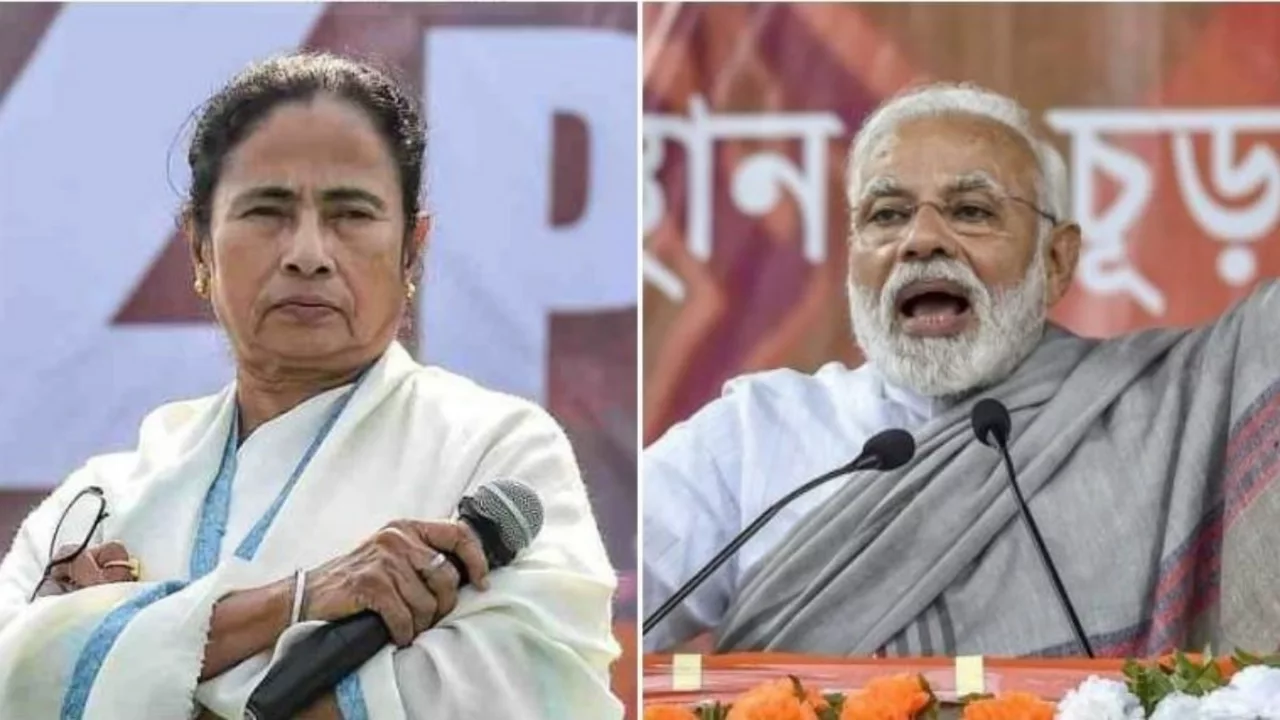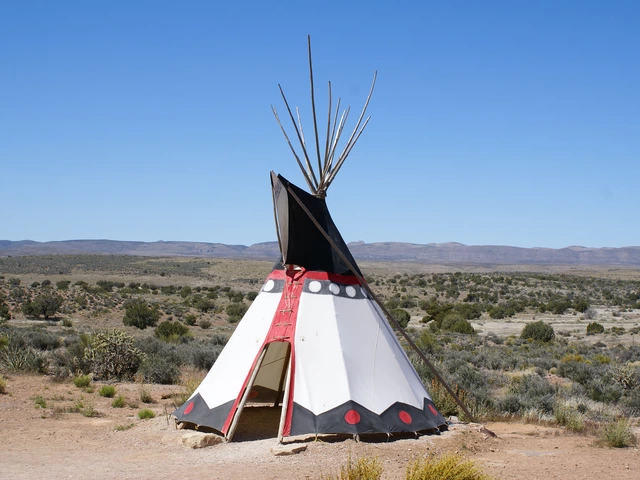Bengal Name Change: Why It Matters and What’s Happening
Ever wondered why there’s a buzz about changing Bengal’s name? It’s not just a fancy headline – it ties into history, politics, and how people see their own identity. Let’s break down what’s driving the conversation and what it could mean for the region.
First off, Bengal has a long story. From ancient kingdoms to the British Raj, the name has survived wars, migrations, and cultural shifts. The term “Bengal” originally described a larger area that now includes Bangladesh and the Indian state of West Bengal. Over time, the borders split, but the name stuck on both sides.
History of Bengal’s Name
Back in the 1900s, the British used “Bengal Presidency” for administrative purposes. After independence, India kept the name for the western part, while the eastern side became East Pakistan and later Bangladesh. Some locals argue that “West Bengal” feels like a leftover from colonial mapping, not a true reflection of local culture.
Supporters of a name change point out that other Indian states have revamped their names to align with language or heritage – think “Orissa” to “Odisha” or “Madras State” to “Tamil Nadu.” They believe Bengal could do the same, shedding a label that feels imposed and embracing something that resonates more with the people.
The Current Renaming Debate
In the last few years, politicians from both parties have floated ideas to rename the state. Some suggest “Bangla” to mirror the language, while others propose “Paschim Bangla” (meaning Western Bengal in the native tongue). The proposals often surface during election cycles, making the topic feel political.
Public reaction is mixed. Younger voters on social media tend to be excited about a fresh identity, sharing memes and slogans. Older generations, however, worry about the cost of changing signage, official documents, and the confusion it may cause for businesses. A recent poll showed that about 45% of respondents support a change, while 40% prefer to keep the name as is.
Economically, a rename could mean a short‑term expense for the government – new plates, stationery, and website updates. Yet proponents argue that a stronger regional brand could boost tourism and attract investment, especially if the new name highlights cultural heritage.
From a cultural angle, the name matters because it appears on school textbooks, movies, and everyday conversation. Changing it could signal a renewed pride in Bengali language and art, reinforcing the region’s reputation as a literary and musical hub.
Legal steps are also part of the process. Any name change must pass through the state legislature, then get approval from the central government’s Ministry of Home Affairs. That adds layers of bureaucracy and can slow things down.
So, where does the debate stand today? As of now, no final decision has been made. The conversation keeps popping up during state budget presentations and cultural festivals. Activist groups are organizing seminars to educate citizens about the pros and cons, while political parties are using the issue to rally their base.
If you live in Bengal, you’ll likely hear the name being mentioned in news reports, local meetings, and even casual chats at tea stalls. Paying attention to the arguments on both sides can help you form an opinion that’s based on facts rather than just slogans.
Bottom line: a Bengal name change isn’t just about swapping letters. It’s about identity, history, and the future image the state wants to project. Whether the name stays the same or gets a fresh twist, the discussion itself shows how deeply people care about their roots. Keep an eye on the next legislative session – that’s where the real decision will happen.

Asked PM Modi to expedite process on Bengal name change?
Well, well, well, the plot thickens folks! Remember when we were joking about changing my blog's name to "The Bengal Tiger's Roar?" Well, guess what? Our very own West Bengal is nudging PM Modi to expedite the process of its name change. Yep, you heard it right! Our beloved state is on the brink of a makeover, and the anticipation is giving me more jitters than my morning cup of coffee. So, keep your eyes peeled for this high-level game of "Name Shuffle" - it's going to be one exciting ride!
Jul 28 2023




